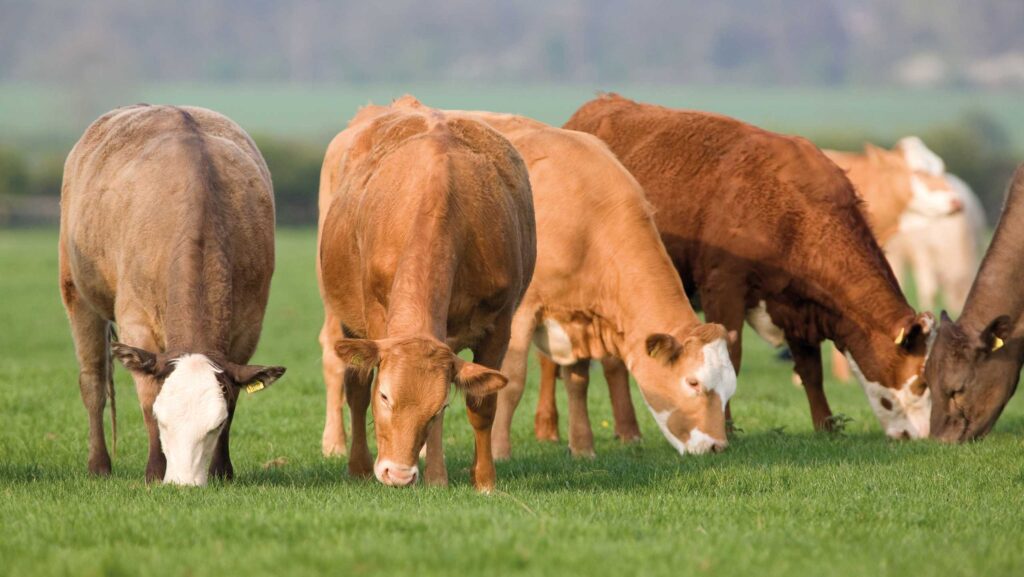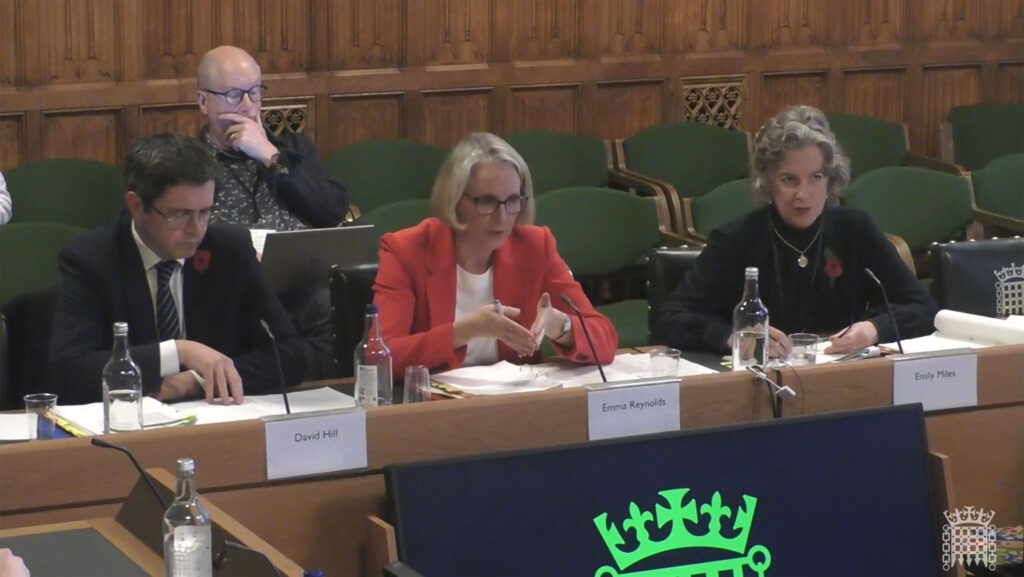Defra faces criticism over falling livestock numbers
 © Tim Scrivener
© Tim Scrivener Defra ministers have been accused of “drift” in farming policy and a lack of vision for British agriculture, as livestock numbers continue to fall and direct farm payments are phased out.
At a tense Environment Food and Rural Affairs (Efra) committee hearing on 11 November, chairman Alistair Carmichael MP challenged Defra secretary Emma Reynolds and official Emily Miles over the government’s refusal to restore Basic payments or provide direct support for food production.
See also: Scottish government to reject livestock cuts in climate plan
“If you look at the livestock numbers across the whole of the UK, they’ve fallen for the last 10 years. Plus, they continue to fall. That fall is accelerating,” Mr Carmichael said.
“Is that government policy? Is that an aim you want to achieve, either as a policy formulator or as a minister?”
Ms Reynolds replied: “We can’t control the whole market… The previous [Conservative] government, when we came out of the European Union, decided that we would move away from Basic payments. That’s something that we agree with.”
Asked whether she saw any future role for direct support, she said: “No.”

Defra bosses David Hill, Emma Reynolds and Emily Miles at the Efra hearing © Parliament TV
Mr Carmichael accused Defra of failing to set a course for farming’s future.
“What’s your vision for farming? Earlier, you told us what somebody else’s vision was… We don’t really see an overarching vision,” he said.
Ms Reynolds noted that around 50% of farmland in England now receives some form of Defra funding, while Ms Miles, director general for food, biosecurity and trade, said Environmental Land Management schemes were designed to deliver “environmental improvements alongside food production”.
Devolved and EU backing
Mr Carmichael noted that devolved administrations were taking stronger action to support their livestock sectors, while the EU’s upcoming CAP reforms will provide an element of direct support.
“There are things done in other jurisdictions within the UK – the Scottish Suckler Beef Support Scheme, for example – but you don’t do that,” he said.
“Are you content just to let that drift? Because if you don’t produce your own meat, then unless you suppress demand, it will be imported from countries like Uruguay.”
Ms Miles replied: “British beef is a good thing, and we need to be supporting it. It’s environmentally sustainable. It’s contributing to British growth. That’s important.”
She added that successive governments had “let farmers and markets make choices” and said she would “be surprised if we ended up talking about livestock numbers in the Farming Roadmap.”
